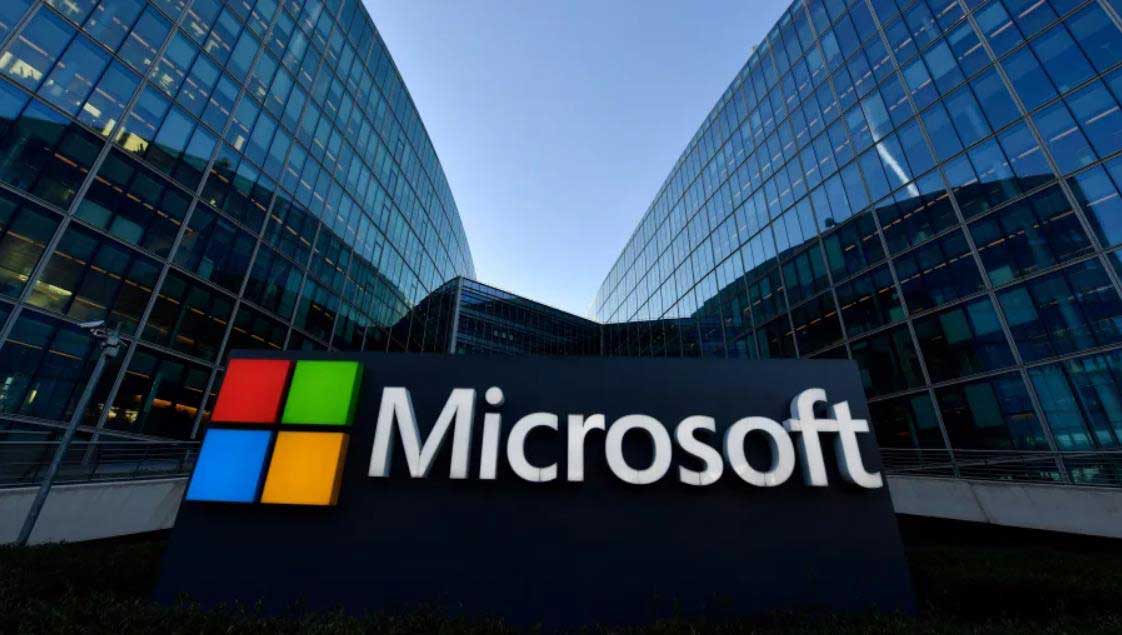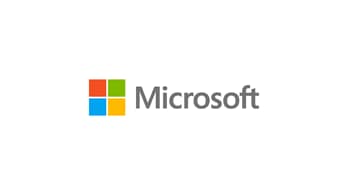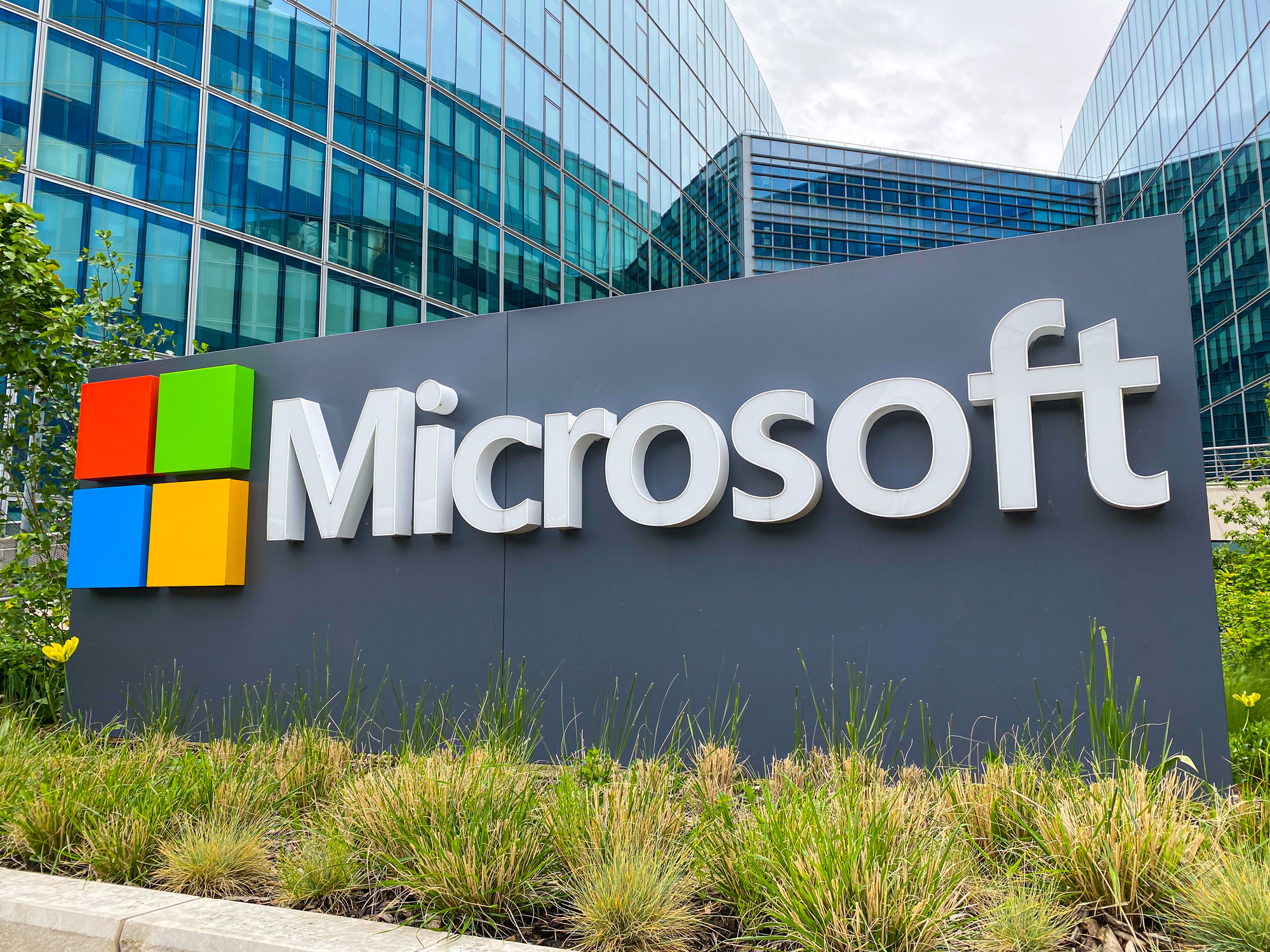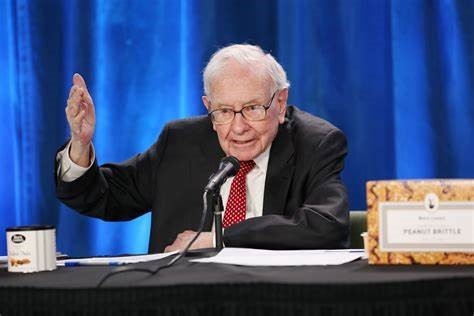Microsoft has finally released its artificial intelligence-powered search engine, but what will it mean for the company’s bottom line?
During its analyst call Tuesday night, Microsoft gave some indication of what’s to come. Microsoft claims that for every point of share, it can gain in the search advertising market, its revenue will grow by $2 billion. According to Statista, a statistics portal that provides information on topics such as society and culture, business, and finance—Google had 86% worldwide desktop market share of search in December compared with 9% for Bing.
The software giant made nearly $18 billion from advertising last year, which accounted for about 10 percent of the company’s total revenue.
For Microsoft, the opportunity is real: it can pick up market share outside the United States, given that its language models offer better translation and a better understanding of local content. With 40% of digital advertising coming from search queries (according to Microsoft), this is not an insignificant component in any internet company’s revenue stream.
But AI is expensive. “The new experience will be delivered at a higher cost to serve,” said Philippe Ockenden, chief financial officer for Windows, devices, and search, according to a transcript compiled by FactSet. But Microsoft CFO Amy Hood insists that all the new money coming in will be “incremental gross margin dollars for us, even at the cost to serve that we’re discussing.”
Hood was hopeful that costs will come down over time. “It’s a leveraged platform that starts at the supercomputer layer, which means we can use the utilization and the cost that will, by the way, continue to come down over time,” Hood said. “We’ve seen platform shifts before. And so, cost per tends to come down with scale, of course, and I think we’re starting with a pretty robust platform to be able to do that.”
Goldman Sachs analyst Kash Rangan asked executives about rivals, without mentioning the likes of Alphabet’s GOOGL, +4.61% Google, and China’s Baidu BIDU, +12.18% by name, that also have AI efforts underway. If everyone has AI, why would Microsoft benefit?
Hood maintains that Microsoft will have some advantages over other companies in building the platform. “To build the platform,” he explains, “we referenced it as the AI supercomputer—but that work has taken years and it’s taken a lot of investment to build the type of scale, speed, and cost at every layer we can bring. “I think our approach to the market makes us a bit different than other companies,” she said.
“Although we may be competing with other companies that are building models in this space, I think the fact that our company has invested so much into research and development sets us apart from most of them. Other firms have not dedicated as many resources to developing these technologies.”
https://www.microsoft.com/






